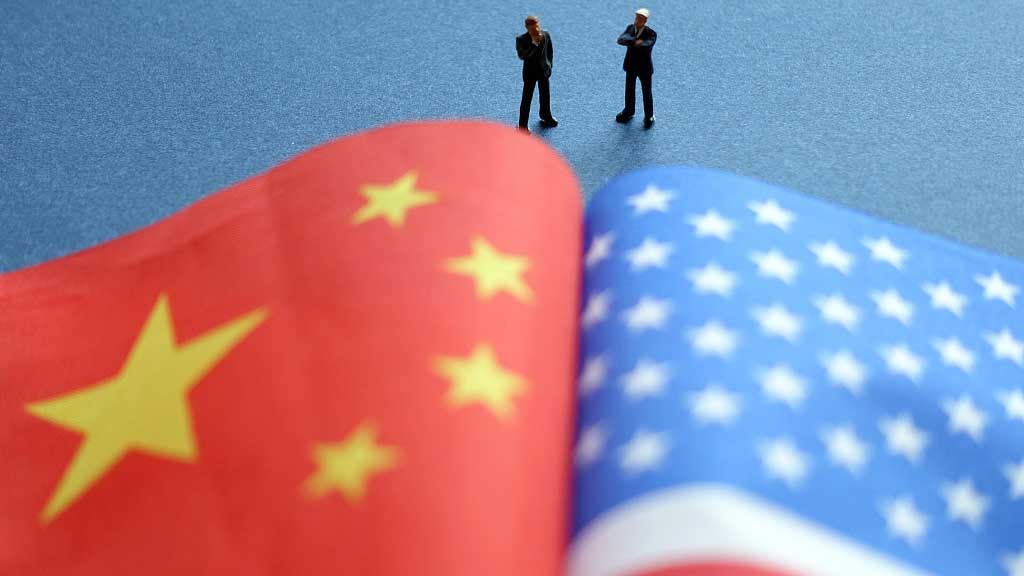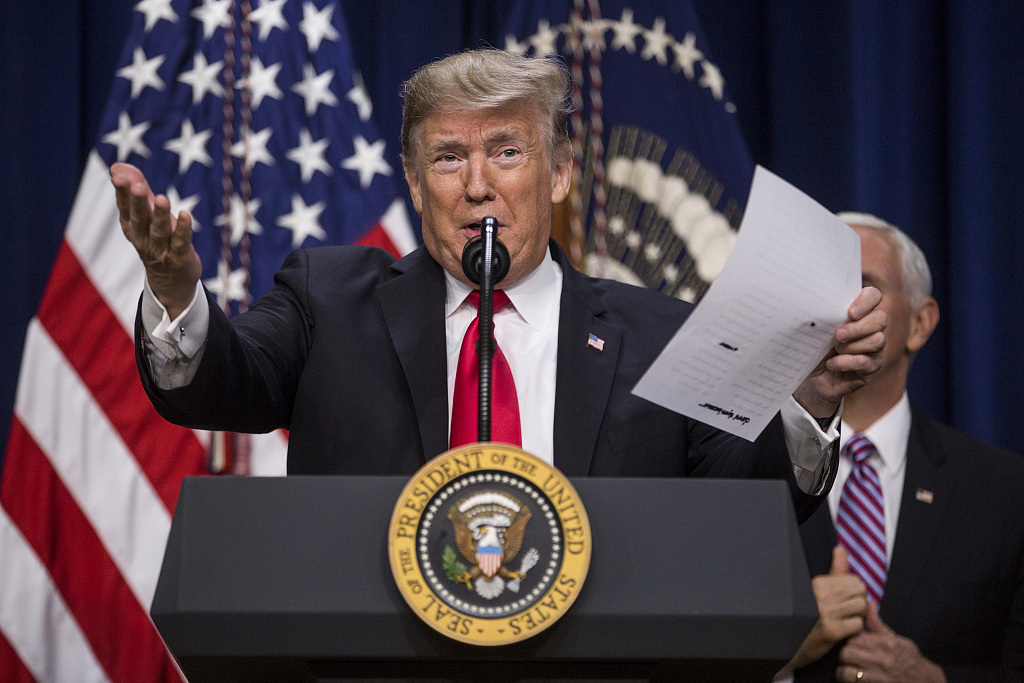

China and the United States are the world two largest economies, and have at times been each other’s biggest trading partners. While there have been strains in the relationship, economic independence has helped avoid major conflicts. But those days may be coming to an end.
Why is China’s growing influence making the United States feel threatened? And what is the path forward?
Some analysts believe the China-U.S. trade war is an attempt by the United States to try to contain a rising China. John Gong, a professor of Economics at the University of International Business and Economics, agreed with that point. He points out the U.S. is concerned that China’s technological progress is starting to threaten the U.S., especially the defense technologies. He thinks it’s no doubt that the United States wants to maintain the dominant position in the world.
U.S. State Department official Kiron Skinner said the trade war is “a fight with different civilization and a different ideology.” Sourabh Gupta, a resident senior fellow at the Institute for China-America Studies, thinks it is not a clash of civilizations. There is too much fraternization between China and the U.S. to become real enemies.

U.S. President Donald Trump speaks during a signing ceremony for H.R. 2, Agriculture Improvement Act of 2018, at the White House in Washington, DC, U.S., December 20, 2018. /VCG Photo
Thomas Gehl, CEO of the Wharton Education Group, has worked in China for over 25 years. He thinks some of the conversations are inflammatory on both sides. The Chinese government gave public warnings against traveling to the U.S. and against students trying to enroll in the U.S. universities. Gehl points out the Chinese and American people are very similar in many ways, and the governments are obviously dissimilar in many ways, so it is difficult to find a resolution of the trade war.
The South China Sea has been a source of tensions between the two countries. Sourabh Gupta, a resident senior fellow at the Institute for China-America Studies, doesn’t think it is such a big flashpoint at this time considering how much attention is paid. This will become an active issue if there is a denial of navigation or if the Chinese or any of the states get into a hot conflict which the U.S. gets engaged as an ally. But those alliance obligations are written so vaguely that makes it difficult for the U.S. to get involved.

The South China Sea. /VCG Photo
Neysun Mahboubi, a research scholar at the Center for the Study of Contemporary China, the University of Pennsylvania, thinks it is interesting to see how the South China Sea issue has become less of a flashpoint compared to other areas of the relationship. “I do think the tension in the South China Sea will largely be dictated by other Asian countries. And at the moment the potential military action for Taiwan and the U.S. response is much more a flashpoint than anything about the South China Sea.”
In terms of the issues about Huawei, the Chinese technology company, Gehl thinks Huawei did a fantastic job of developing cutting-edge technology. He thinks the Trump administration is just trying to reset the board to a certain extent. “That is more of the business acumen of the Trump administration than normal political parlance,” he observes.
(If you want to contribute and have specific expertise, please contact us at opinions@cgtn.com.)

Copyright © 2018 CGTN. Beijing ICP prepared NO.16065310-3
Copyright © 2018 CGTN. Beijing ICP prepared NO.16065310-3